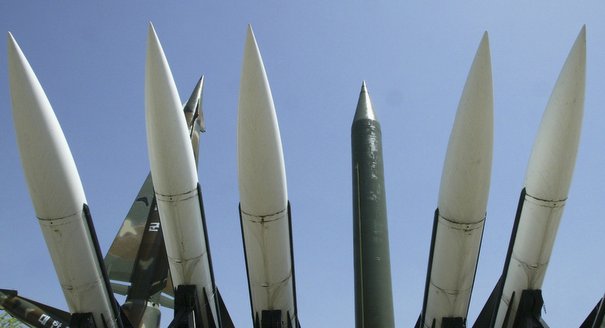The principal weakness of today's nonproliferation regime is enforcement—building a consensus in the UN Security Council that robust action is needed when a state is found in non-compliance with its nonproliferation obligations. Responding to non-compliance is a promising subject to tackle at the 2010 Review Conference for the Non-Proliferation Treaty (NPT) because it would impose no further constraints on non-nuclear-weapon states that are abiding by their obligations; on the contrary, it would enhance their security.
Summary
- States attending the 2010 NPT Review Conference should clarify and emphasize that future non-compliance with nuclear safeguards will violate article III of the NPT, the obligation to accept safeguards.
- States should further agree that, in the future, the most serious cases of deliberate noncompliance with safeguards will be assumed to be a violation of article II of the NPT, the injunction against manufacturing nuclear weapons.
- These steps will increase the chance that future cases of non-compliance will be met with fast and effective action, thus enhancing the deterrence value of safeguards.
About the Author
James M. Acton is an associate in the Nonproliferation Program at the Carnegie Endowment for International Peace.
Nuclear PolicyNorth AmericaUnited StatesMiddle EastIranEast AsiaWestern EuropeUnited KingdomNorth Korea







